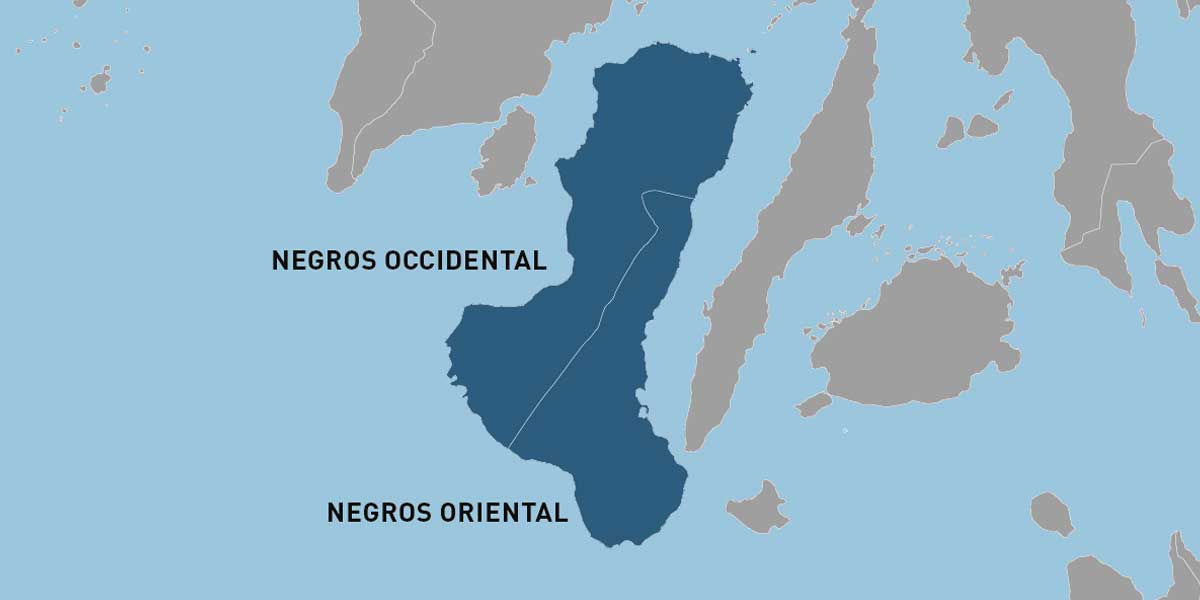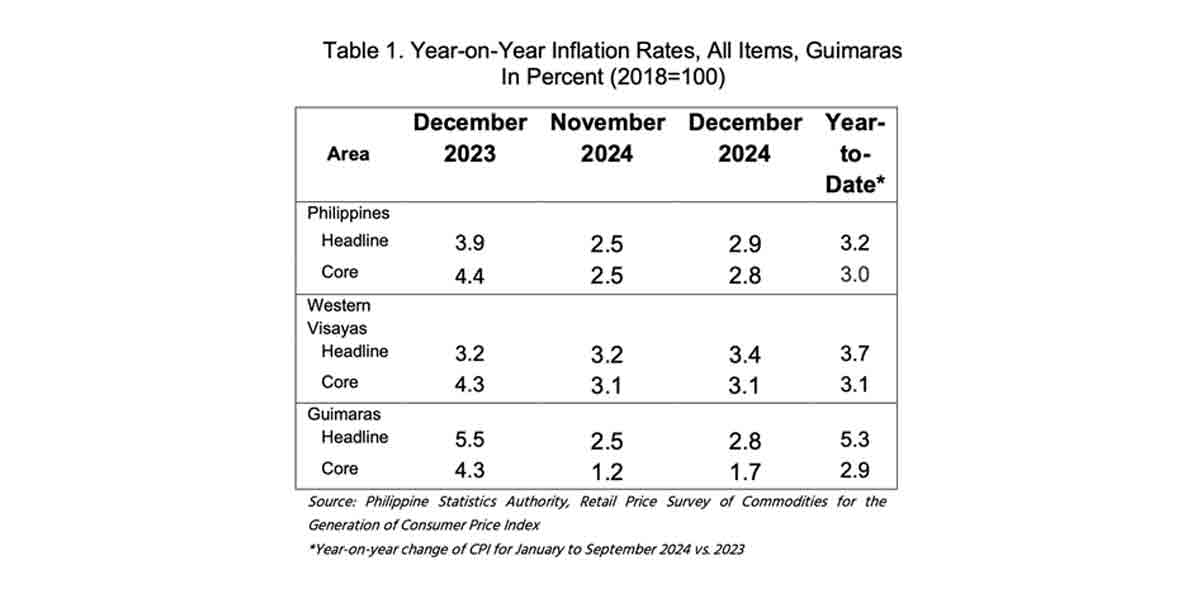Amidst the concerns raised by a group of farmers against the Regional Comprehensive Economic Partnership (RCEP) Agreement, Assistant Secretary Allan B. Gepty of the DTI Industry Development and Trade Policy Group, assured the public that the RCEP Agreement provides enough safety nets to address the issues and concerns raised by the said group.
On the aspect of foreign competition, Asec. Gepty first explained that in the era of globalization, competition is already present given that the Philippines is already a member of the WTO, and that it has forged several free trade agreements with its trading partners including ASEAN Member States and other participating countries in RCEP. “In other words, in terms of competition the same is not totally new. If there is something new in RCEP it is more of coverage of the free trade area and the rules and disciplines”, Gepty added.
To give ample protection to highly sensitive products such as agricultural products, the Philippines excluded these products from tariff liberalization in RCEP. Hence, they still enjoy tariff protection. Some of these products include swine meat, poultry meat, potatoes, onions, garlic, cabbages, sugar, carrots, rice, cement, and flat-rolled products of iron or non-alloy steel. In addition, appropriate trade remedies are in place including WTO global safeguards and an RCEP Transitional Safeguard. In other words, these products while excluded from RCEP would still enjoy the other benefits that the agreement offers.
He explained, “[T]here may be cases wherein commitments made in the RCEP Agreement need to be adjusted or addressed due to exceptional circumstances that affect our economy and industries, as well as our farmers. The RCEP negotiators acknowledged this possibility and therefore incorporated various mechanisms in the FTA that act as safety nets so that RCEP countries are able to address these circumstances. These are on top of the available measures to the Philippines under the WTO agreements”.
The Agreement provides that should there be increased imports that threaten the local industry, WTO safeguards can still be availed of. In addition, there is also in the RCEP a transitional safeguard to address the said scenario by allowing Parties to address injury or threat of injury to a domestic industry through suspension of further reduction of customs duties or increase customs duties following a surge in imports as a result of a Party’s commitments under RCEP. There are also Anti-Dumping and Countervailing Measures which reaffirms Parties’ rights and obligations under relevant WTO agreements.
“Given this, our local industries including the agricultural sector should look at RCEP as a platform of more and bigger opportunities ranging from improved market access in the RCEP region, cheaper access to raw materials, wider cumulation area, trade facilitative measures, and even investments in smart agriculture and research and development”, Gepty added.
On the allegation of the group of farmers that RCEP restricts the country’s trade remedies, Assistant Secretary Gepty clarified that the said claim is not accurate. Perforce, RCEP provides more trade remedies and flexibilities to the country.
“Our farmers should bear in mind that the safeguard measure they are referring to in the agreement is an RCEP transitional safeguard measure which a party can impose to prevent or remedy the serious injury to the domestic industry by suspending further reduction of any rate of customs duty committed under the agreement, or increase the rate of customs duty to a level not to exceed the lesser of the MFN applied rate in effect on the day the measure is applied or the MFN rate in effect on the day immediately preceding the date of effectivity of the RCEP Agreement”, Gepty explained.
According to Assistant Secretary Gepty, RCEP parties can still avail of the safeguard measures provided for in the WTO agreement, thus, the RCEP transitional safeguard measure is in fact an additional trade remedy for the farmers. He also added that the RCEP Agreement even provides a mechanism to modify concessions should there be a need to do so. “In other words, the RCEP Agreement provides ample flexibilities and remedies to our local industries including the agricultural sector”, Gepty added.
The RCEP Agreement also provides enough flexibilities to cover, among others, emergency, essential security, and health and safety concerns through relevant provisions such as General Exceptions and Security Exceptions. This is in addition to some reservations made in the Philippines’ Schedule of Commitments.
The provision on General Exceptions incorporates Article XX of GATT (1994)[1] and Article XIV of GATS. It means that RCEP countries such as the Philippines are not prevented from implementing measures that are necessary to protect public morals, human, animal or plant life or health, among others. There is also an article on Security Exceptions which states that RCEP countries are also not prevented from taking any action or measures considered necessary to protect essential security interest. There are also provisions that carve out Taxation Measures, as well as Measures to Safeguard Balance of Payments which allows Parties to adopt measures should they be in serious balance of payments and external financial difficulties or under threat thereof.
A study conducted by Dr. Caesar Cororaton, a Research Fellow at the Virginia Polytechnic Institute and State University (USA) and a Visiting Scholar at the De La Salle University (DLSU), noted that the RCEP is estimated to improve the country’s trade balance by as much as US$ 128.2 Million, increase overall welfare by US$ 541.2 Million, contribute to a 1.93% real GDP growth, and lower poverty incidence by 3.62% in 2030.
The said study also provides an insightful analysis on the significant gains of the Philippines from RCEP, not only in terms of trade and GDP, but also in the area of poverty reduction and overall welfare.
“The Philippine economy is already well integrated into the global economy. The extent of integration is not just limited to agricultural sector. It includes services, investments, and even market. Not joining RCEP will be catastrophic in terms of trade and investments. The signal to the country’s trading partners and would be investors is negative as it conveys that the Philippines is embracing an inward policy, not to say protectionist stance. This cannot be done in the era of globalization lest we will be moving backwards. This is not also aligned with our current economic reforms and policy direction”, Gepty emphasized.
[1] Under Article XX of GATT 1994, Parties are not prevented from adopting or enforcing measures necessary to protect public interest such as to protect public morals and to protect human, animal or plant life or health, among others.




















